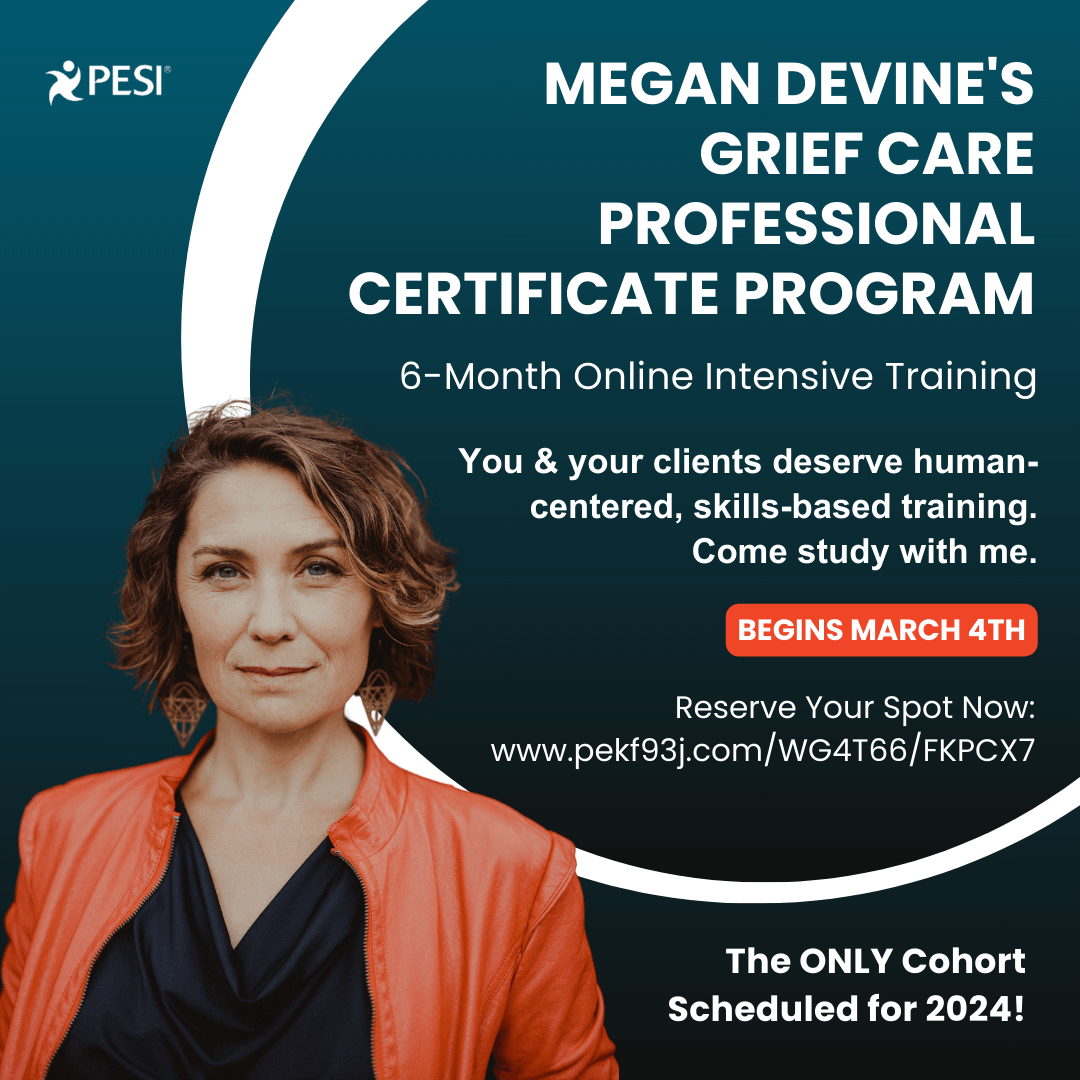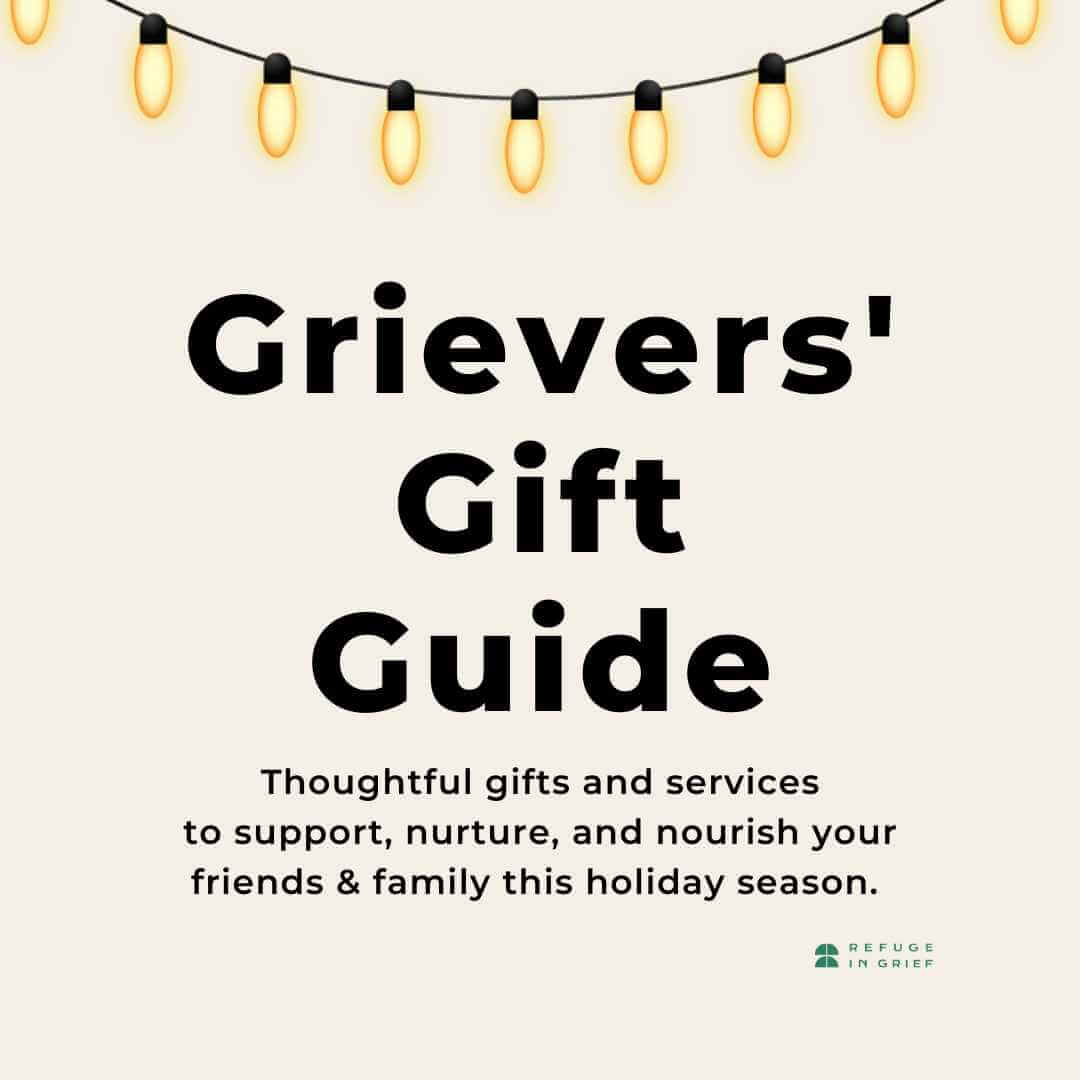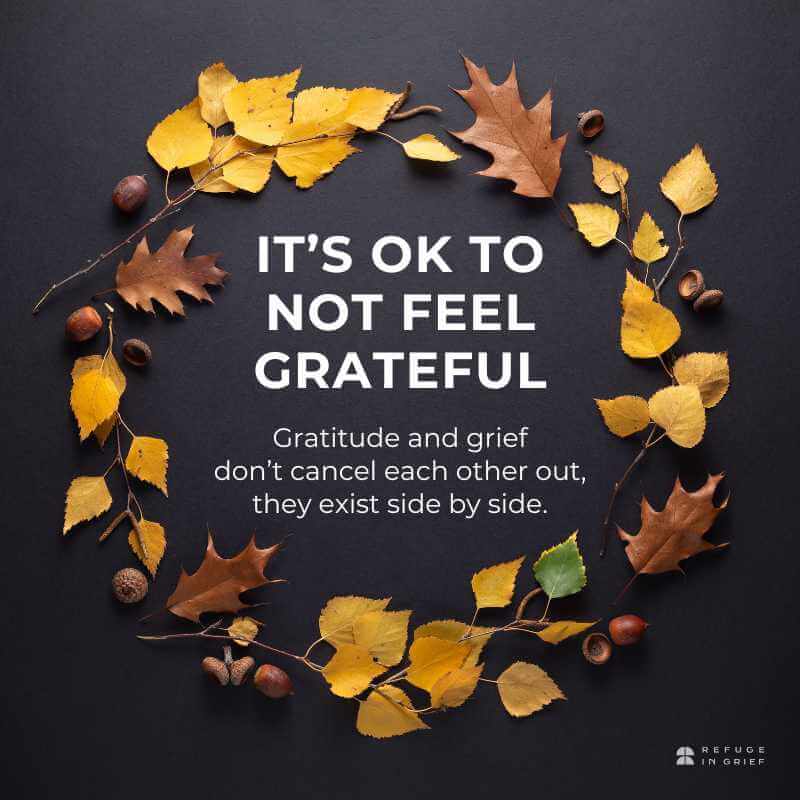is your grief less real if you’re young?
Being young and unmarried when your parnter dies brings with it a whole new set of challenges: from being told you’re too young to really know what love is, to having your grief dismissed because “it’s not like you were married.” For the LGBTQ community, not being allowed legal status brings even more difficulty. Delegitimzing someone’s loss is just one facet of our grief-averse culture.
We’re so weird with grief in this culture – compassion is a scarce resource, so we’ve got to battle for what’s ours. Making someone else” grief less-than is one big way we try to protect our own hearts and minds against loss. Humans are odd that way.
In this essay for the Washington Post, I share a snippet of my own story. Most of the comments and feedback have been awesome – a lot of “me too!” going around. But there are the usual cranky folks who say “you have to cut people some slack. No one knows what to say, and they’re doing the best they can.” Yep. And as I say in my book, if you truly want to support the people you care about, you need to be willing to hear that what you’re doing or saying isn’t helpful. If you’re not willing to feel that discomfort, then you’re not actually interested in being helpful – you’re interested in appearing helpful. There’s a difference.
Be sure to click the link below to read the whole article, then come on back here and share your experience of being young, unmarried, or otherwise dismissed in your grief because of your age or legal status.
Being young & unmarried when your parnter dies brings a whole new set of challenges: many people just don't see your loss as real or serious. But grief doesn't hurt less when you're young. Click To TweetMy partner of five years drowned on a beautiful, ordinary summer day in 2009. Matt was strong, fit, healthy — and needed regular doses of the river and the woods to keep himself sane. We used to joke that he was half mountain goat, able to scale the face of waterfalls if need be.
On that day, the first sunny day after several weeks of rain, we went out to the Presumpscot River, our usual place. Matt went in for a swim while I stayed in the woods with our dog. When he called out for help, I turned to see him let go of the tree he was clinging to, swept away by a flood-swollen current. The dog and I ran in after him, trying to save him, but we were carried two miles downriver by the same unusually fast current. Matt’s body was found by search teams three hours later.
Just that morning we had been planning our move from Maine to Florida. By that evening, the condolences were coming in:
“You’re young and pretty! You’ll find someone else. I promise, it’s going to be okay.”
Continue reading the article on the Washington Post at this link.
 How about you? If you weren’t legally married, or you were widowed at what others consider a young age, did that change how your grief was viewed? Share your experience in the comments.
How about you? If you weren’t legally married, or you were widowed at what others consider a young age, did that change how your grief was viewed? Share your experience in the comments.


